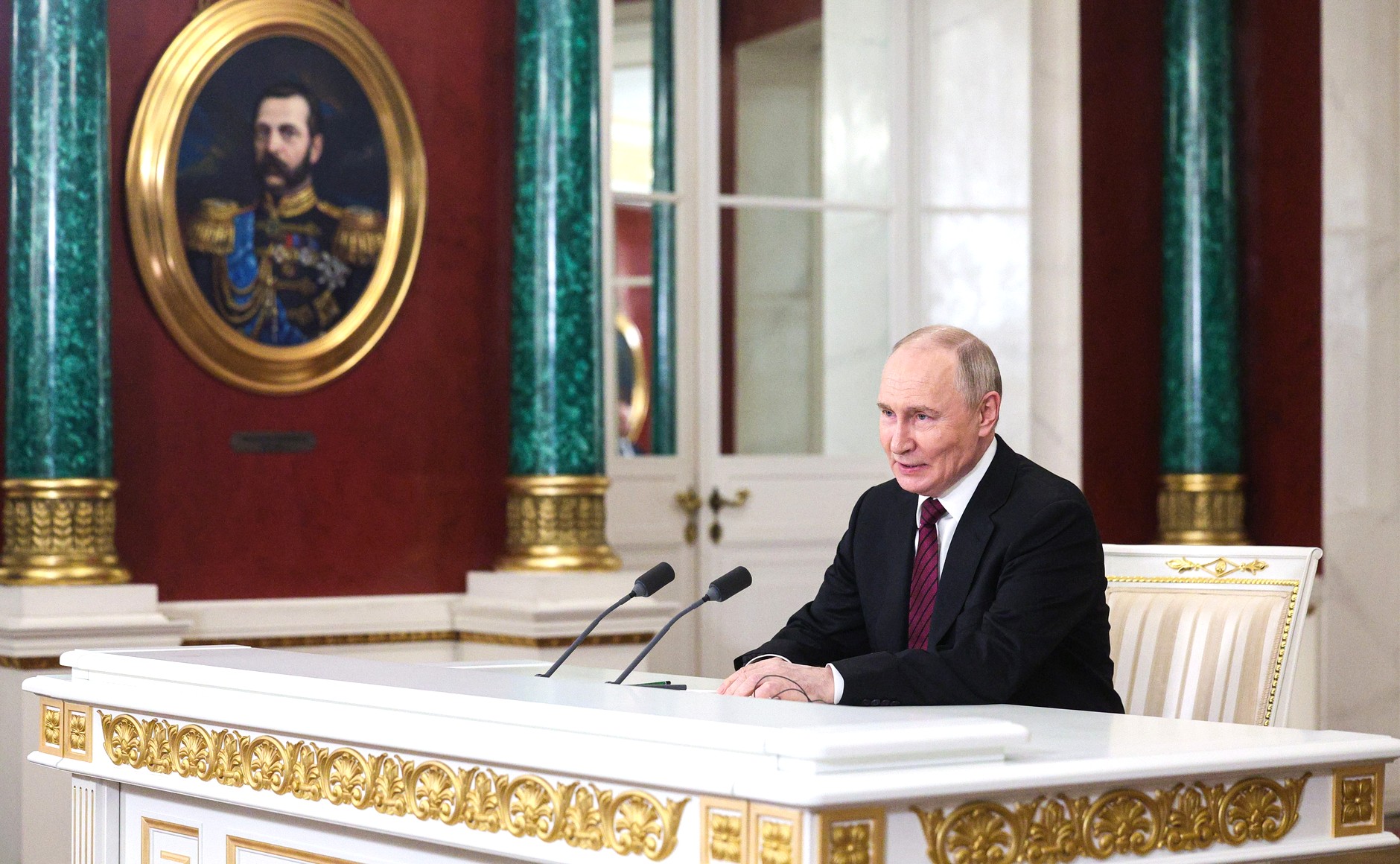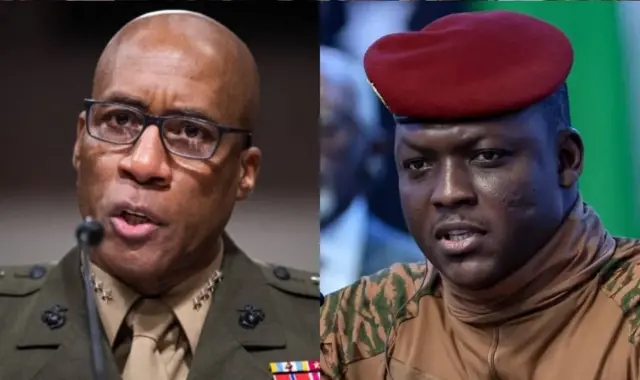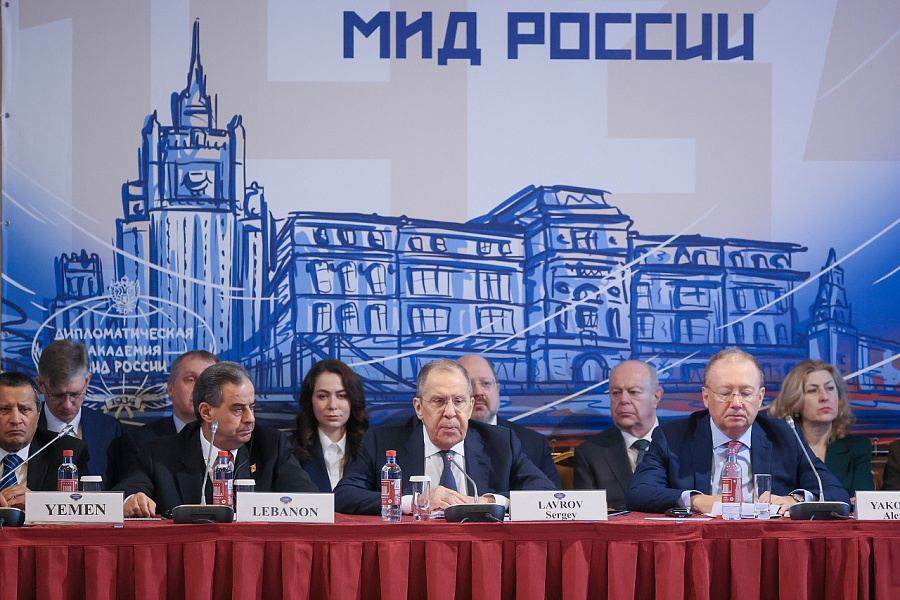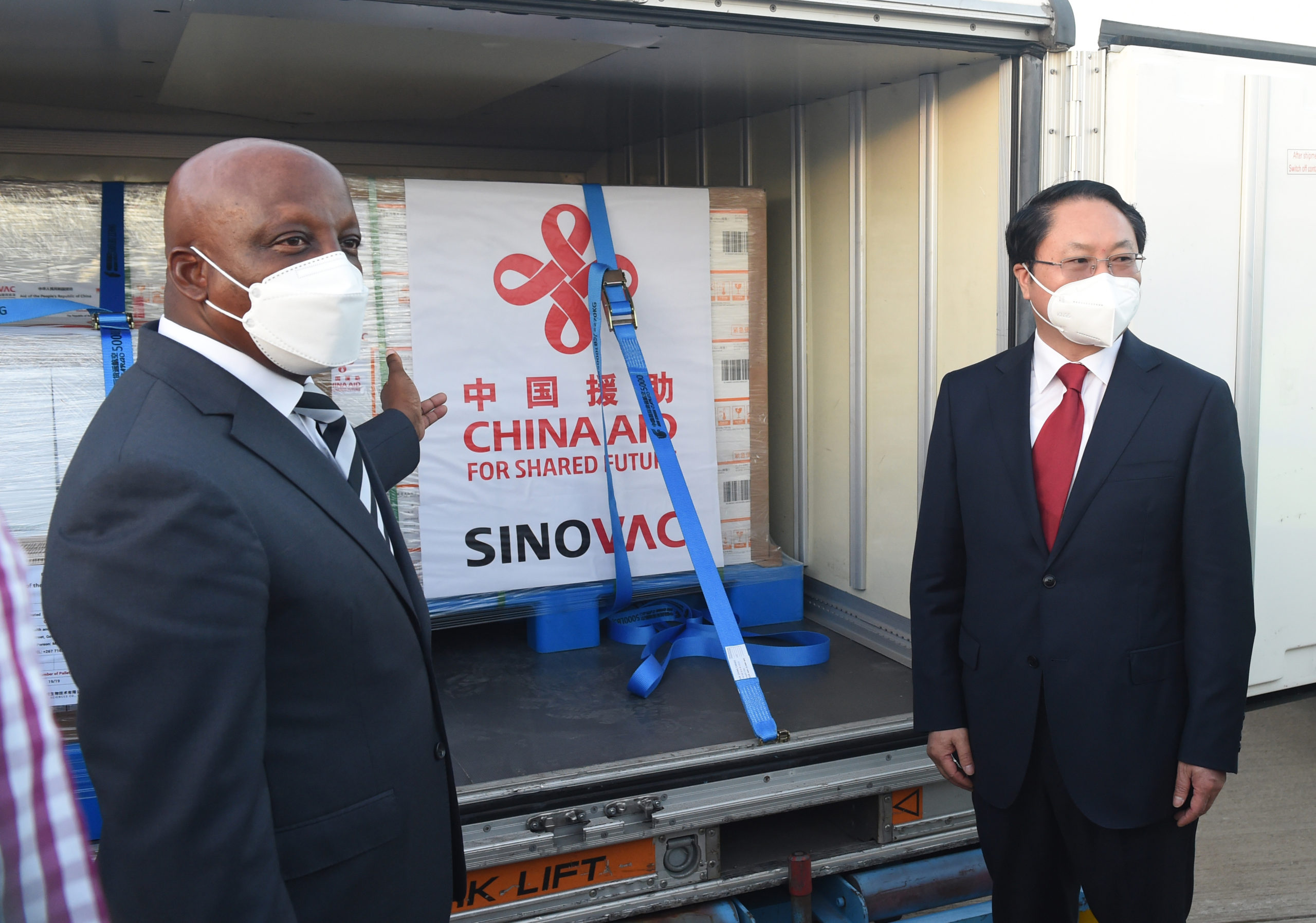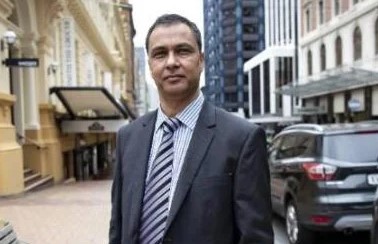
When the Organisation of African Unity was proclaimed in Addis Ababa on 25 May 1963, leaders from 32 newly independent states vowed to “eradicate colonialism in all its forms.” Their pledge gave us Africa Day, yet 62 years later, the task remains only half complete.
At its core, Africa Day honours the courage, resilience, and solidarity shown by African nations in their fight for independence. Decolonisation was more than a political transition—it was a powerful affirmation of African identity, humanity, and the universal right to self-determination. This principle, fundamental to international law and central to the African Union’s mandate, continues to guide our collective actions, especially as certain parts of our continent still seek genuine freedom.
Today, celebratory parades and vibrant concerts risk obscuring a harsher reality: flags have changed, but deeper layers of domination—territorial, economic, and psychological—persist across Africa. If Africa Day is to embody more than nostalgia, we must urgently confront three critical challenges: the incomplete map of decolonisation, an untapped demographic dividend, and an exploitative economic model that sends our wealth—and consequently, our future—abroad.

No situation exemplifies our unfulfilled commitment to freedom more starkly than Western Sahara. The United Nations Mission for the Referendum in Western Sahara (MINURSO) has been in the territory since 1991, its mandate repeatedly extended, yet the referendum it was established to facilitate has never occurred.
Morocco’s widely publicised “autonomy plan” offers mere administrative crumbs without true sovereignty, echoing the discredited Bantustan policies of the past. The African Union’s adherence to uti possidetis juris—the principle of respecting borders at independence—renders Morocco’s claims outdated and illegitimate. South Africa’s President Cyril Ramaphosa rightly declared, “The decolonisation of Western Sahara is essential to achieving the Africa we want.”
The AU must therefore transition from diplomatic statements to decisive action: reopen its liaison office in Laayoune, deploy fact-finding and human rights missions, and prioritise the Western Sahara referendum at every summit until genuine liberation is realised. Ignoring the illegal occupation of Western Sahara not only brings shame to Africa but also endangers regional stability and obstructs progress.
With abundant natural resources, Western Sahara could significantly contribute to Africa’s bright future. As long as it remains occupied, Africa’s liberation project remains incomplete, and true decolonisation unfinished.
While Western Sahara reminds us of struggles past, Africa’s youth vividly point towards the future. Seventy percent of sub-Saharan Africans are under 30—the youngest population on Earth—set to constitute more than half of global population growth by mid-century. This massive generation can become either the world’s largest pool of innovators or its greatest source of frustration and instability. The outcome hinges on policy decisions, not destiny.
Digital skills training, continent-wide youth service initiatives, and the facilitation of free movement under the African Continental Free Trade Area (AfCFTA) have the potential to transform millions of young Africans into drivers of continental growth. Ignore them, and the price will be paid through unrest, irregular migration, and recruitment into extremist networks.
Africa’s vast mineral resources position it uniquely in the clean-tech age, with 80% of global platinum reserves and significant deposits of cobalt, manganese, and rare-earth minerals. Yet, for every tonne exported, the majority of profits are captured abroad in foreign smelters, battery plants, and financial centres.
True decolonisation demands ownership of the entire value chain. Achieving this requires affordable, renewable energy, secure investment climates, and, crucially, visionary leadership that treats resources not as short-term political funding but as capital for sustained industrial transformation.
The African Union’s Second Ten-Year Implementation Plan (2024-2033) promises a rapid advance towards “the Africa we want,” focusing on industrialisation, digital integration, and youth employment. These priorities are commendable, but blueprints alone will not build a prosperous Africa—budgets and accountability will. Citizens must demand regular progress reports, reject hollow Pan-African rhetoric, and hold leaders accountable for tangible results.
Africa Day was never intended to be merely commemorative; it was and remains a clarion call to action. In 2025, our directive is unmistakably clear: ensuring Western Sahara’s referendum is an absolute priority for the AU.
The AU’s founding fathers established the organisation on strong foundations; our generation must now carry forward their vision, completing the decolonisation of our continent, improving living standards, and safeguarding our sovereign dignity. Liberation is not merely a historical achievement—it is an ongoing responsibility.
This Africa Day, let celebrations resound, but let our message resonate louder still: until every colony is free, every young African empowered, and every kilogram of cobalt refined by African hands, our revolution remains unfinished—and we, as its custodians, must act decisively and urgently.
* Ambassador Kamal Fadel is Polisario Front’s Representative to Australia and the Pacific Island States




